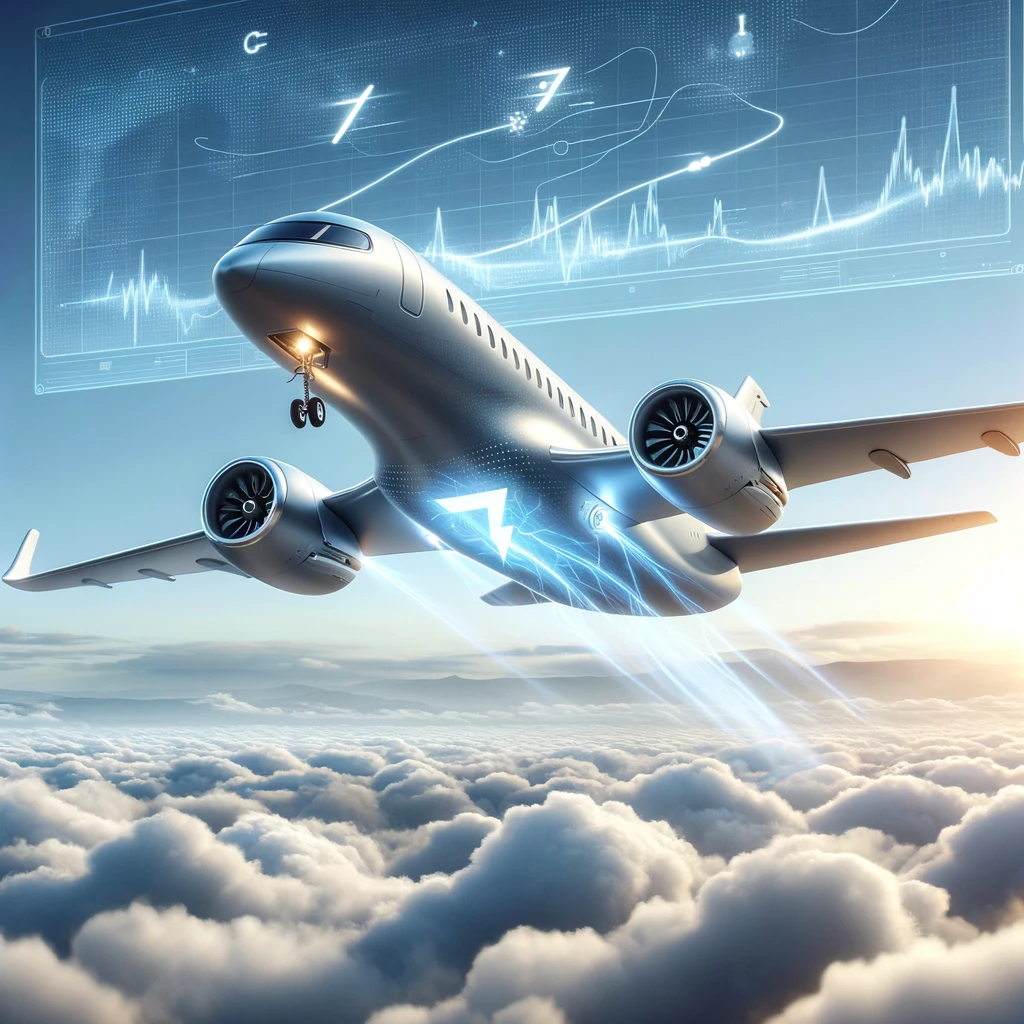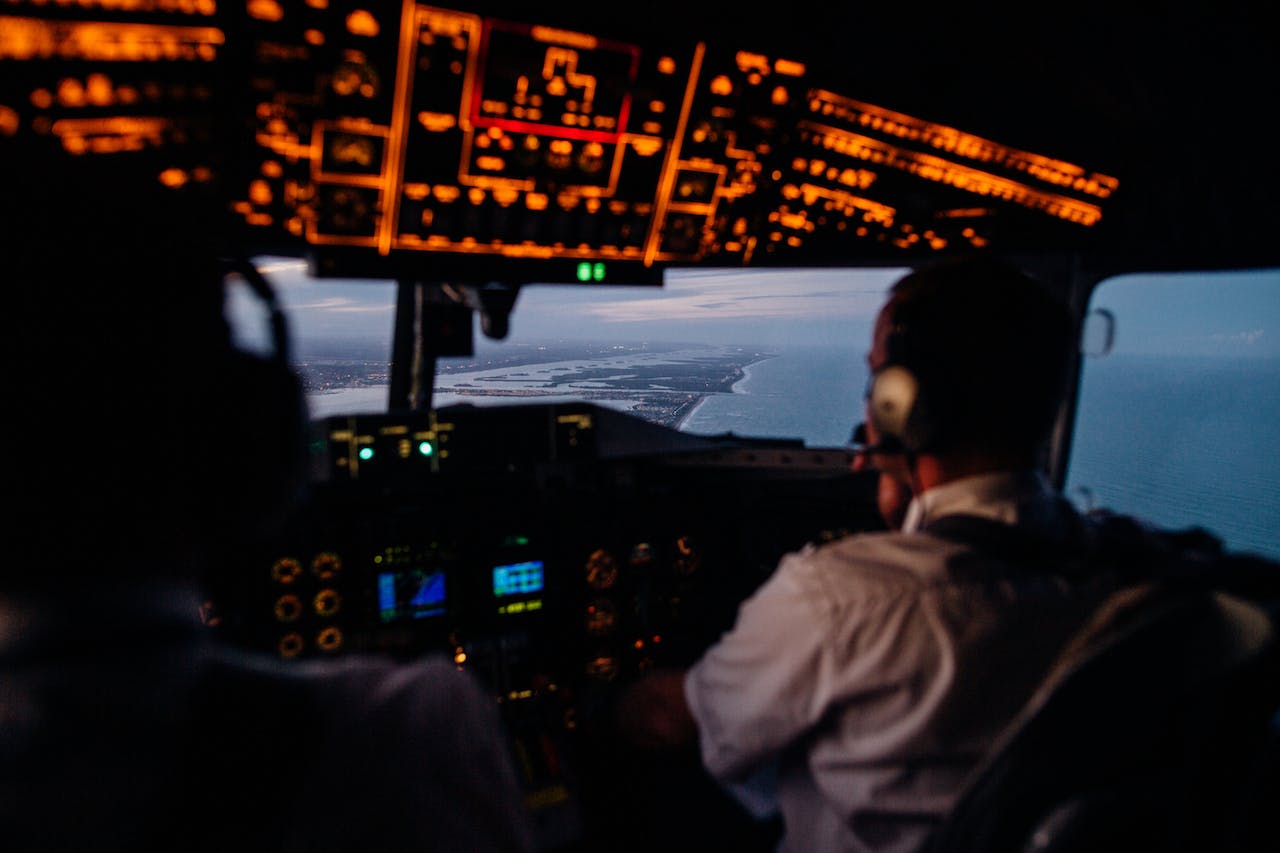The future of electric aviation is poised to revolutionize how we think about air travel, promising to make it more sustainable, efficient, and accessible. As we face increasing environmental concerns and seek to reduce our carbon footprint, the aviation industry is under pressure to find cleaner alternatives to fossil fuel-powered aircraft. Electric planes, powered by batteries or hybrid systems, offer a compelling solution.
Sustainability at the Forefront: Electric aviation aims to significantly reduce greenhouse gas emissions, noise pollution, and reliance on fossil fuels. The potential for zero-emission flights opens up new possibilities for environmentally conscious travel, aligning with global efforts to combat climate change.
Technological Advancements Driving Change: Advancements in battery technology, electric motors, and aerodynamic design are key to making electric aircraft viable. While current battery technology poses challenges in energy density and weight, rapid progress is expected to overcome these hurdles, enabling longer flights and larger electric aircraft.
Economic and Operational Benefits: Electric planes promise lower operating costs, primarily due to the reduced price of electricity compared to aviation fuel and lower maintenance requirements for electric motors. These savings could lead to more affordable air travel and the development of new routes, particularly for short to medium distances.
Challenges and Milestones Ahead: Despite the potential, the transition to electric aviation requires overcoming significant challenges. Infrastructure for charging and maintenance, regulatory approvals, and public acceptance are critical factors. Moreover, the industry must ensure that the electricity used for powering electric planes is generated from renewable sources to maximize environmental benefits.
A Gradual Transition with Hybrid Solutions: The path to fully electric commercial aviation will likely involve hybrid-electric models as intermediary steps. These aircraft, combining conventional engines with electric propulsion, can offer immediate reductions in fuel consumption and emissions, serving as a stepping stone towards fully electric fleets.
Looking Ahead: As research and development continue, we may soon see the first electric passenger planes entering commercial service for short-haul flights. The vision extends beyond just passenger travel; electric propulsion could transform cargo transport, air taxis, and personal aviation, making air travel more accessible and sustainable.
The future of electric aviation holds the promise of a cleaner, quieter, and more sustainable way to fly. While there are obstacles to overcome, the ongoing advancements in technology and increasing focus on environmental sustainability are paving the way for electric aircraft to take to the skies. As the industry progresses, electric aviation could become a key component of a more sustainable transportation ecosystem, changing the face of air travel as we know it.




